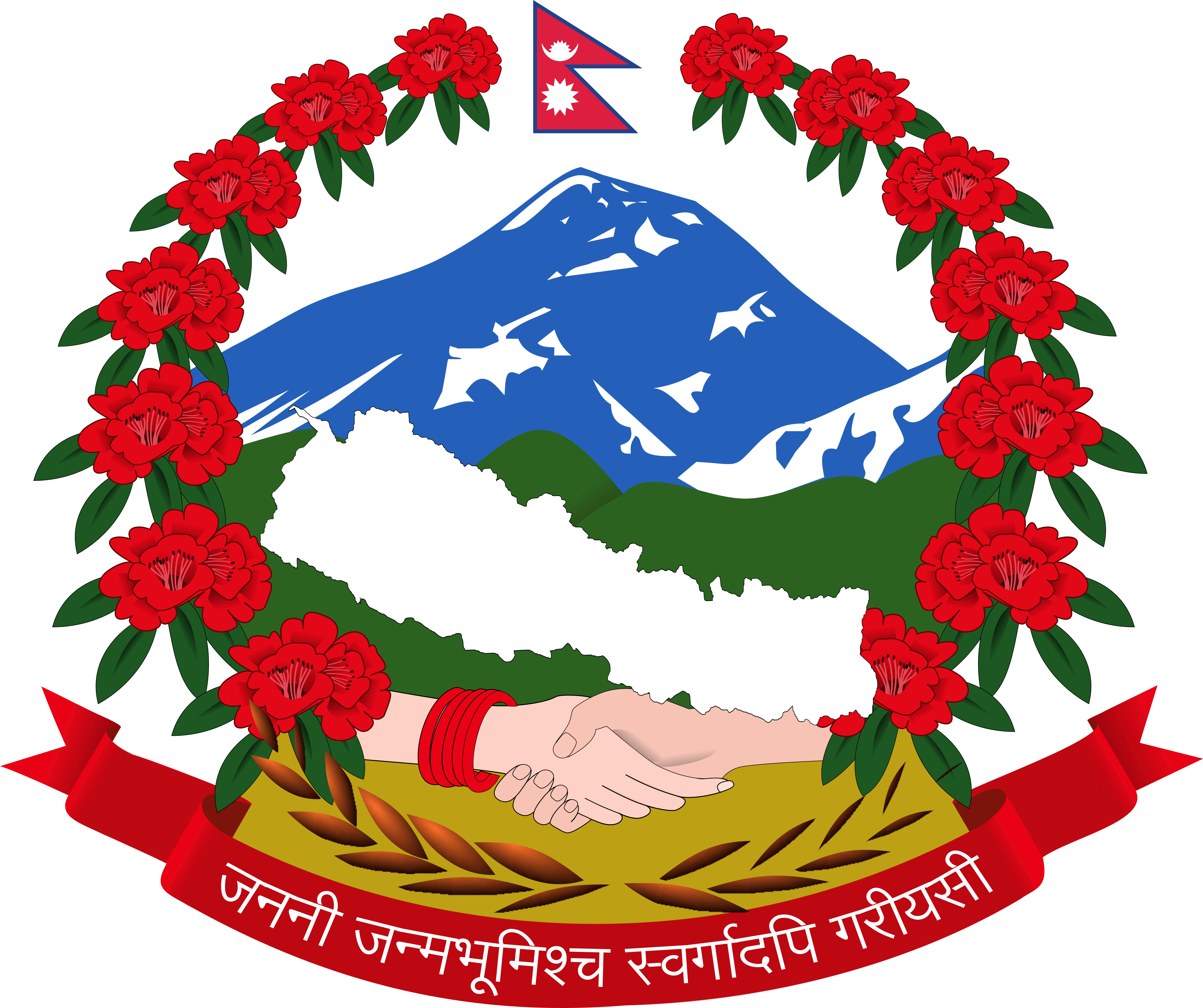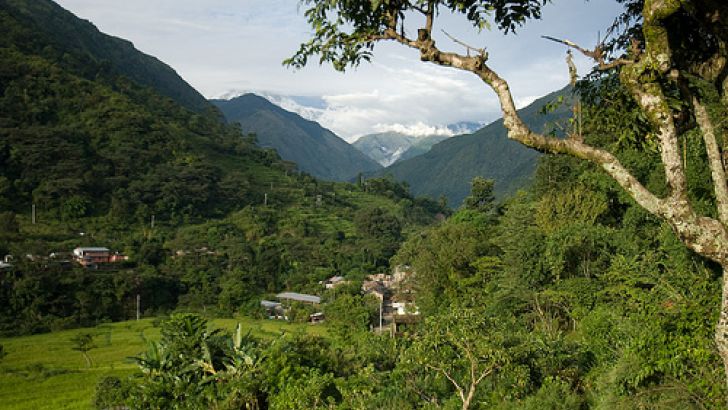Poor villagers in developing countries could play a big role in removing carbon from the atmosphere by sustaining healthy community forests, according to a new research project just launched from Portland State University (PSU).
Randy Bluffstone, PSU professor of economics and fellow with the Institute for Sustainable Solutions, received 3-year, $393,000 grant from the World Bank to study this topic in Nepal, a nation leading the trend of local forest stewardship to reduce poverty.
“As far as we know, this is the first analysis of the potential for village forests around the world to remove carbon from the atmosphere,” Bluffstone said. “Ultimately we hope this project can provide guidance for a variety of countries.”
Case studies suggest that community forests are better carbon sinks when villagers are empowered to sustainably manage growth and harvest, as opposed to a take-what-you-need approach that has resulted in massive forest degradation. With up to a third of the world’s forests managed by local villages – or hardly managed at all – the collective carbon sequestration potential is great.
Bluffstone and his team of researchers will study more than 100 forests and survey 3,000 households in Nepal. They will also conduct 40 focus groups in partnership with Forest Action Nepal, a leading organization worldwide on the topic of community forestry. The surveys will give villagers a stake in the program, address concerns and help determine how to make local forest management sustainable on a larger scale.
The research project is built on a program called REDD+ (the U.N. Collaborative Programme on Reducing Emissions from Deforestation and Degradation in Developing Countries) that provides funding for developing nations to increase carbon sequestration.
In addition to the involvement of the World Bank research department and Forest Action Nepal, the team includes E.M. Somanathan, a professor with the Indian Statistical Institute and an expert in community forest policy; and Bhim Adhikari, an environmental scientist with the Canadian International Development Agency, who has authored many papers on property right and community forests in Nepal.
“The quality of the international team is making this project possible,” Bluffstone said.


